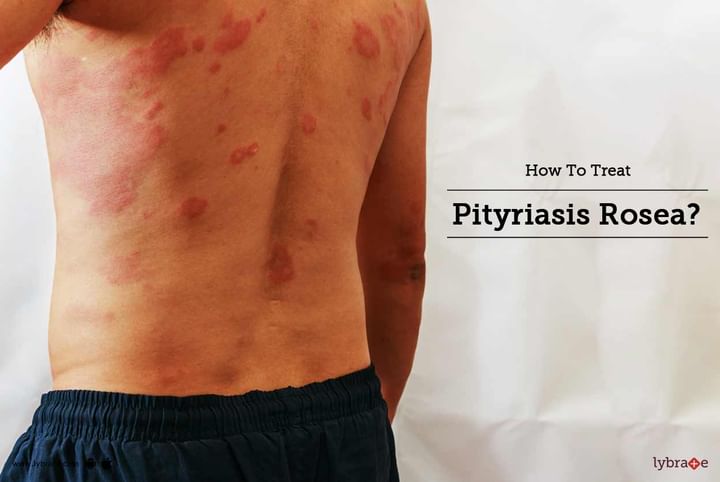How To Treat Pityriasis Rosea?
Pityriasis rosea is a medical condition concerning the skin, which when contracted causes a rash. This condition can affect people of any age but it is usually seen to occur in people between the ages of 10 and 35. Pityriasis rosea is usually harmless. Read on more to find out all about the different causes, symptoms, prevention and treatments of pityriasis rosea.
Causes: Experts are unsure about the exact reason for the cause of pityriasis rosea. It is very different from other skin diseases as it is not caused due to an allergic reaction or caused due to bacterial or fungal infections. The rash is not contagious.
Symptoms:
- Pityriasis rosea forms a rash which begins with a single, oval or round in shape pink patch which is scaly in nature and consists of a raised border. The size of the patch varies and can vary between 2cm to 10 cm in diameter.
- After a few days of the initial infection, salmon colored patches which vary in size from 1 to 2 cm in diameter appear in clusters in the chest, arms, back and abdominal regions.
- The patches which occur in the back often form vertically in an angular fashion such that its appearance is similar to that of a fir tree.
- The affected regions can cause severe itching in almost half the people who are affected by pityriasis rosea. The rash usually is cured in a span of 6 to 8 weeks but in certain cases it can persist for several months.
Treatment: Pityriasis rosea usually does not require any treatment. It usually goes away in the time span of 6 to 8 weeks. Itching can be subdued by using certain skin lotions and lubricants. If the itching is severe, your doctor might prescribe you certain anti-inflammatory medication. Certain antiviral medications also decrease the duration of the rash if they are taken at the beginning of the infection. In some cases exposure to sunlight also cures the rash very fast, but excess exposure to the sun can also cause sunburn and increase the risk of skin cancer. If the rash persists even after 3 months, it is highly advisable to consult a dermatologist.
In case you have a concern or query regarding skincare consult doctor online, you can always consult the best dermatologist online & get the answers to your questions.



+1.svg)
